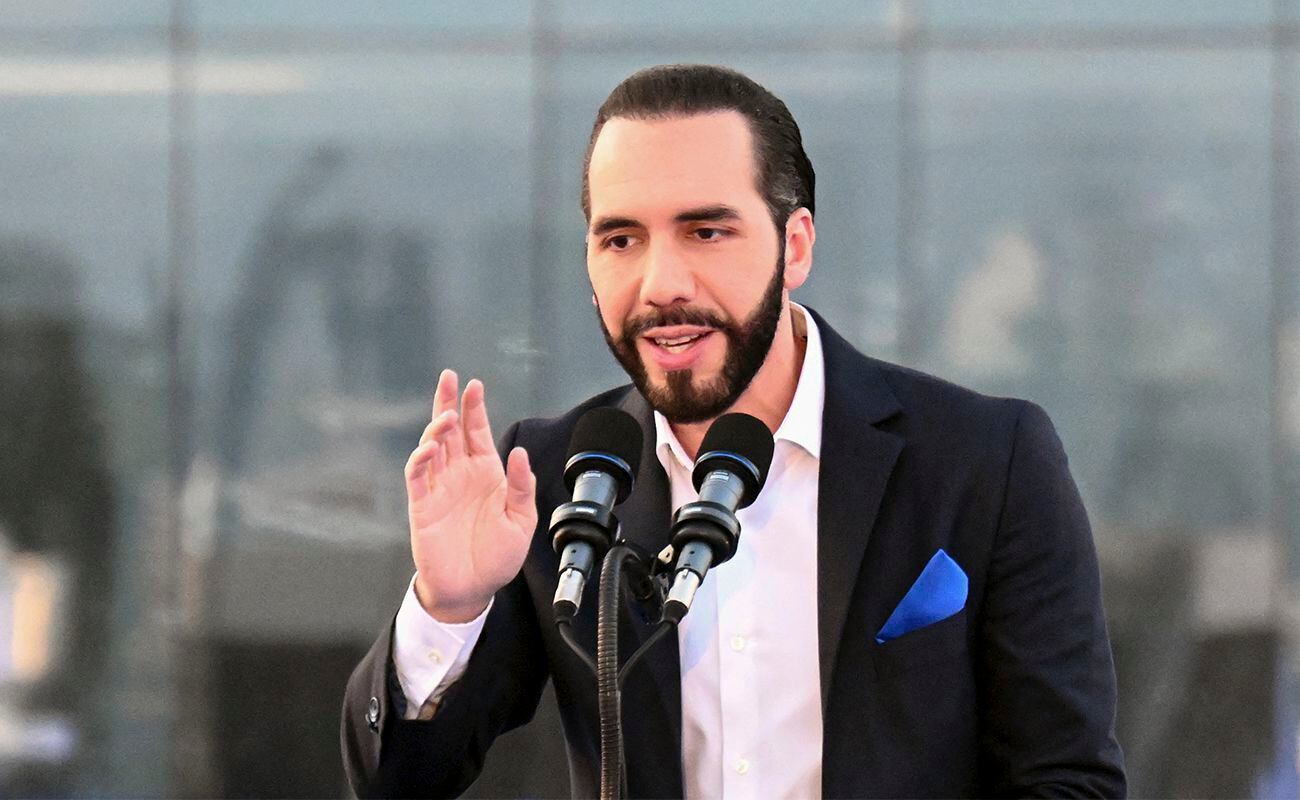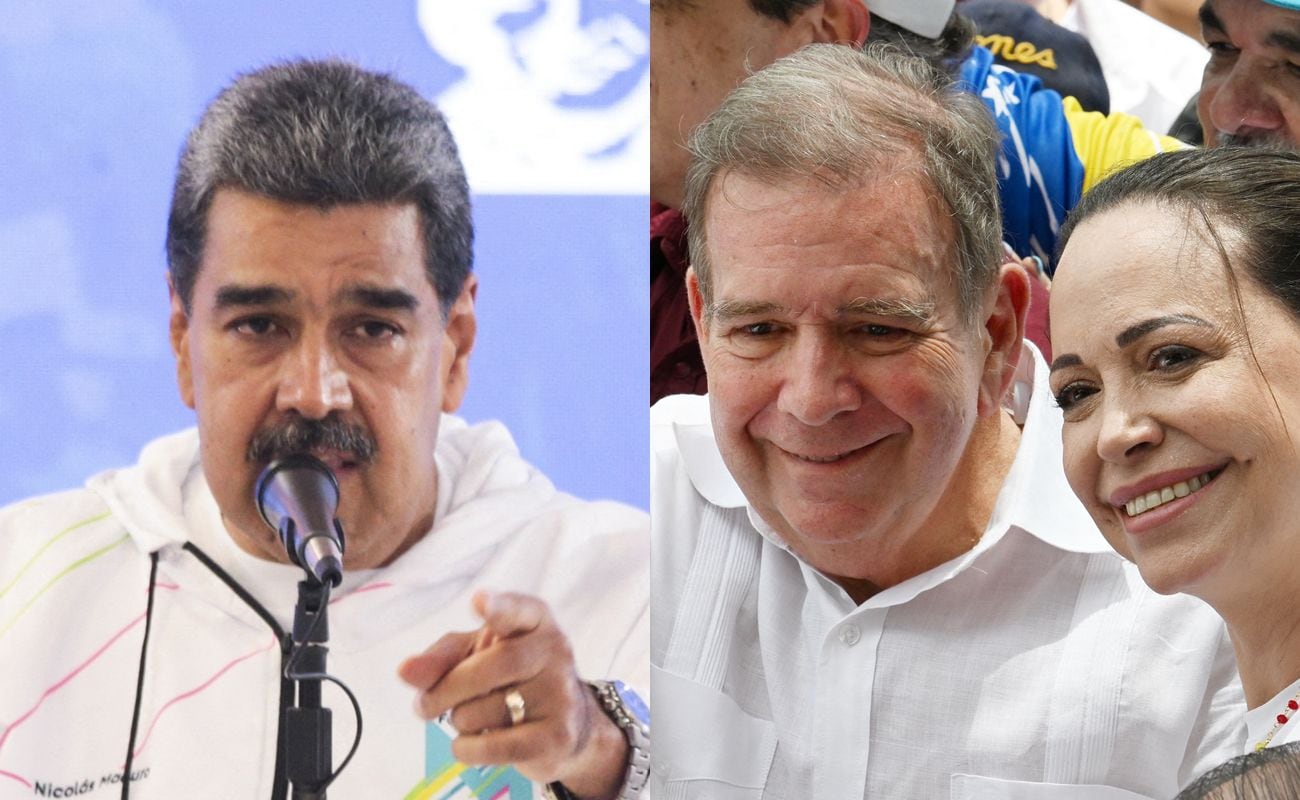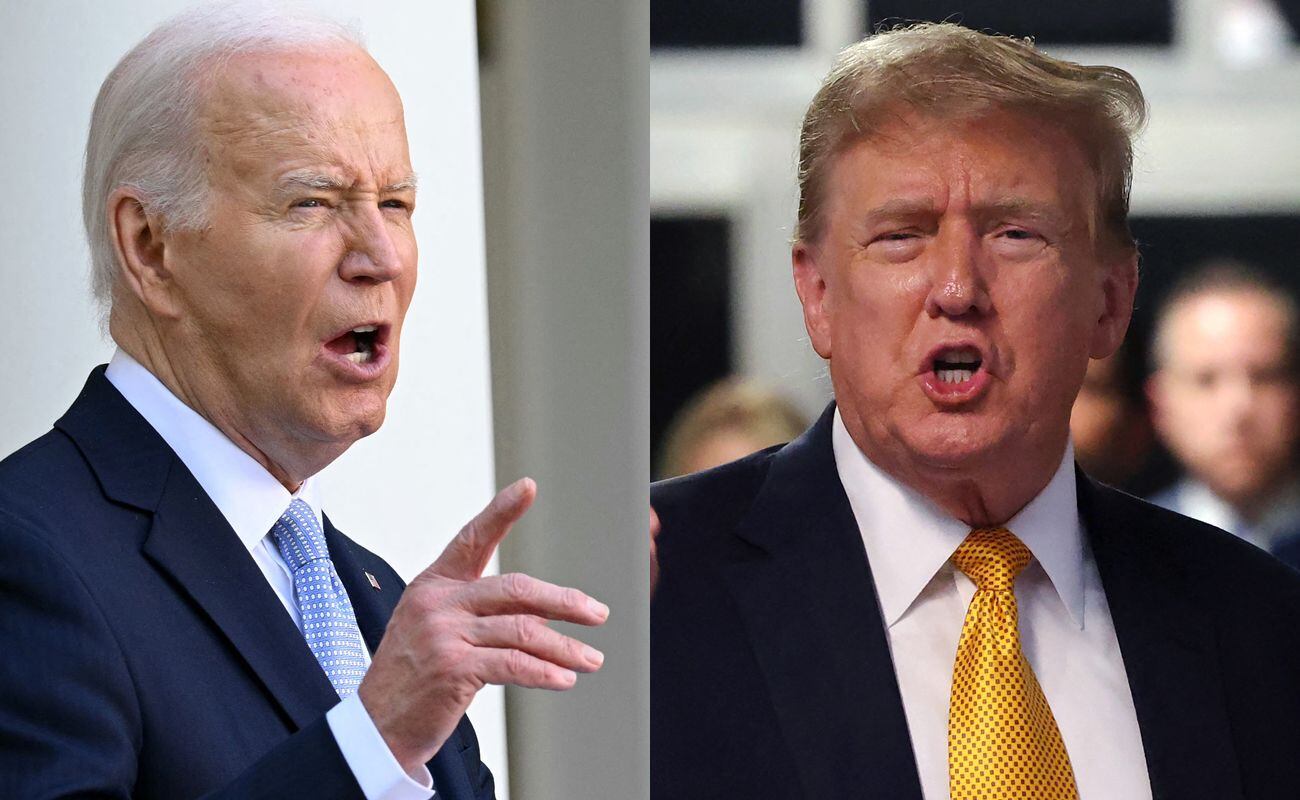:quality(75)/cloudfront-us-east-1.images.arcpublishing.com/elcomercio/W7FW35GSB5ARXKI2GIHJC77LLQ.jpg)
Luis Abinader won the presidential elections Dominican Republic this Sunday, the 19th, with a strong advantage, and will be in charge of the Caribbean country for another four years. His case is not isolated on the political scene of our continent.
The leader of the Modern Revolutionary Party (PRM) obtained almost double the votes in the first round of his closest opponent, former president Leonel Fernández, who obtained 26.95%. The re-elected head of state achieved 59.11% of the votes.
READ TOO: Israel blocks Associated Press from broadcasting images from Gaza under media law
But this is not just a presidential re-election. His new term will begin on August 16, reinforcing his presence in Congress where the PRM and its allies obtained broad advantages.
According to a report by the AFP agency, the thorny issue of Haiti was important for his re-election and focused much of the debate, as it is a neighboring country dominated by chaos, violence and uncontrolled migration.
In his first term, Abinader imposed a firm policy against Haitian migration through attacks on undocumented immigrants and deportations. The presence of armed forces on the border was also reinforced, and a 164 km wall was built between the two nations.
But the process was not immune to scandals and accusations. The opposition denounced the “massive purchase” of votes and pre-marked ballots in favor of the party in power.
On the other hand, a constitutional reform was proposed for this new period, but according to Abinader himself, he would no longer be a candidate. “I will not be a candidate again, that’s my word, that’s my commitment,” he told the press.
TO LOOK: Apparitions, Visions and Strange Phenomena: The Vatican Updates Its Rules in the Internet Age
2024: loaded election year
This 2024 is characterized by being an election year around the world and, obviously, also for America, where several leaders are looking to repeat the dish for another period, but with very particular circumstances in each country.
One of the first to achieve re-election was Nayib Bukele, in El Salvador. On February 4, he won the elections for the 2024-2029 period, with more than 1.6 million votes, against the 139 thousand votes of his closest rival, Manuel Flores.

Bukele’s candidacy was not without controversy. Immediate re-election was not allowed in his country, however, an interpretation by the Constitutional Chamber allowed him to be a candidate for his Nuevas Ideas party. Bukele is currently not the interim president. He left office in December last year to run for president, and the person leading the country until June 1st is Claudia Rodríguez de Guevara.
Another president aspiring to re-election is Nicolás Maduro, in Venezuela. This is the election for the period 2025-2031, which will take place on July 28th. The appointment of the Chavista leader occurs in a context in which the opposition has been so small that it is even noticeable on the electoral card.

A report of The trade analyzes the ballot paper in which Maduro’s face appears thirteen times, compared to the profile of his main rival, Edmundo González Urrutia, which only appears in three boxes. The rest are candidates called ‘scorpions’, supposed opponents who are actually collaborators with Chavismo. This is in addition to the disqualification of main political rival María Corina Machado, in January this year, by the Supreme Court of Venezuela.
Maduro could have a new government term, prolonging the permanence of Chavismo. Since April 2013 he has been at the helm of Venezuela, as successor to the late Hugo Chávez, who had been in power since 1999.
Further north of the continent, Joe Biden is seeking re-election in the United States, at the head of the Democratic Party. He took office as the main world power in January 2021 and will now face a new trial against his predecessor Donald Trump, from the Republican Party.
The campaign between the two has already begun and they have been involved in an intense exchange of insults and adjectives. On the one hand, Trump called Biden “the worst president in the history of the country”, as well as being corrupt and a liar. The current president was not far behind and highlighted that with Trump, democracy is at risk. “My opponent is not a good loser. But he is a loser,” Biden said.

In addition to the exchange of adjectives, the candidacies of both veteran leaders are made amid tensions. On the one hand, Trump faces a criminal trial in New York for the Stormy Daniels Case and has three others pending. However, Biden faces a difficult international political situation with the wars in Ukraine and Gaza.
The distortion of re-election
In the 21st century, why do different countries continue to opt for the immediate (and sometimes endless) re-election of a president. How are these nominations presented?
For political scientist Paula Távara, the figure of re-election is important because it allows the formation of long-term projects and public policies, although this can be distorted in reality. “The theory of the figure is good, it is necessary if we want to build great transformations. The problem is when we see re-elections that do not seem to be based on the need to continue leading transformation projects in countries”, said the expert. The trade.
TO LOOK: “Both are in the phase of not giving up an inch”: Milei vs. Sánchez and the growing tension between Argentina and Spain
It is at this moment that other objectives arise, such as staying in power, securing public positions or illicit enrichment. This is the case of Venezuela, where the figure of re-election “ends up no longer becoming a figure for democratic use, but rather a way of disguising authoritarianism”.
And how do they manage to perpetuate themselves? Távara recalls that some rulers follow re-election methods through the interpretation of a constitutional entity, the reform of the Magna Carta or through support for a popular decision.
The problem with reelection happens when it does not go hand in hand with democracy. “The issue with cases like those of Ortega or Maduro is that we are no longer talking about competitive elections, we are not talking about rules of the game that work for all participants on equal terms. “We are talking about a pantomime of the electoral process”, warns the expert.
Source: Elcomercio
I am Jack Morton and I work in 24 News Recorder. I mostly cover world news and I have also authored 24 news recorder. I find this work highly interesting and it allows me to keep up with current events happening around the world.






